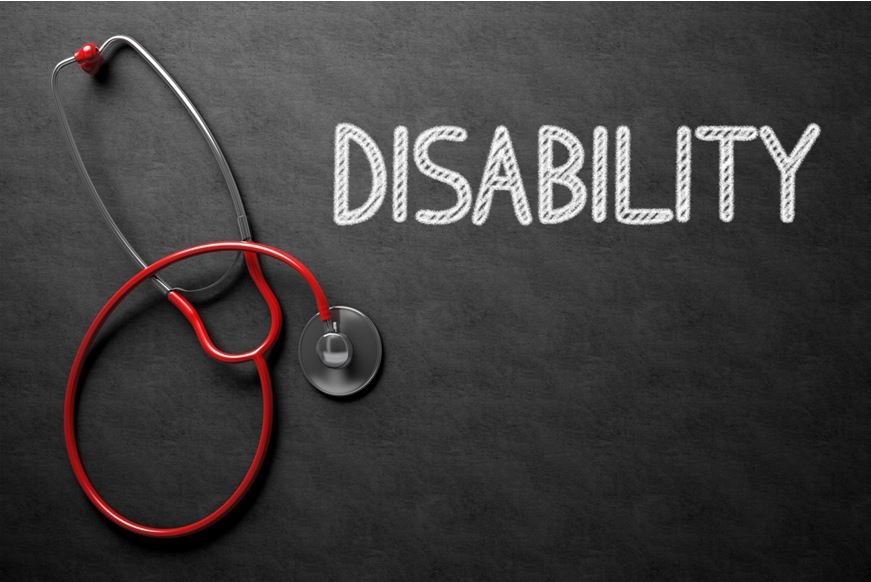Did you know that around 1 in 4 Americans live with a disability today?
While getting a disability diagnosis can be scary, it is the first step to finding an effective treatment plan and moving forward with your life. Knowing the next steps following your diagnosis will help you plan for the future.
If you have recently been diagnosed with a disability, we’re here to guide you through the rest of the process.
Read on for everything you need to know.
1. Take a Deep Breath
Receiving a diagnosis can be an overwhelming experience for you and your family.
However, it helps to remember the things that matter. Even though you may be feeling grief, sadness, and fear, you must remember that you have a bright future ahead of you.
Getting your diagnosis is the first step towards securing social security disability benefits and changing your life for the better.
2. Understand the Diagnosis
Once you receive your disability diagnosis, it can be hard to understand exactly what it means for you. Taking time to learn about your diagnosis will help you make good decisions in the future and inform you of possible treatment routes.
Make sure you get your information from reputable sources. The doctor who diagnosed you will provide you with plenty of useful resources to help you understand your condition. Avoid using the internet to research disabilities unless you know the website is a reputable source.
If you have questions that were not answered in your first visit, do not hesitate to book a follow-up appointment and arrange ongoing support as necessary.
3. Seek the Support You Need
Building a disability support network is an important part of learning to live with a disability. Finding other people with similar experiences gives you both an outlet and a source of information and trusted advice.
Whether you have just become registered disabled or your child has received a learning disability diagnosis, joining a support group is an excellent way to share your experiences. This will keep you going even when things get tough.
You should also seek counseling and care plans if you need them. Forming a strong disability support network makes your everyday life easier.
4. Apply For Disability Benefits
If you suffer from a physical or mental disability that prevents you from working, you need financial support to pay your bills and expenses. When registered disabled, you are entitled to social security disability benefits.
However, the application process can be time-consuming, and not all applicants are successful. Many people have to apply multiple times before their claim is accepted.
Disability attorneys can help expedite the process and improve your chances of approval. Consider hiring one to help with your upcoming application.
Disability Diagnosis: What Next?
While receiving a disability diagnosis can be challenging, knowing what to do immediately afterward can make the process a little more straightforward.
We hope this guide helps you work towards the future you deserve.
If you found this article helpful, be sure to view the rest of our blog for other informative content.

